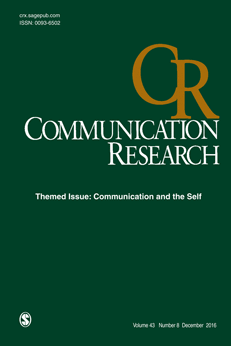

Women don’t peer review papers as often as men, even taking into account the skewed sex ratio in science – but why? In a new Comment in today’s Nature, Jory Lerback at the University of Utah and Brooks Hanson at the American Geophysical Union (AGU) confirmed the same trend in AGU journals, which they argue serve as a good proxy for STEM demographics in the U.S. What’s more, they found the gender discrepancies stemmed from women – of all levels of seniority — receiving fewer invitations to review (both from male and female authors). And when women get their invites, they say “no” more often. We spoke with Lerback and Hanson about what might underlie this trend, and how the scientific community should address it.
Retraction Watch: What made you decide to undertake this project?
 An oncology journal has retracted a 2014 paper that contained a potentially fatal mistake.
An oncology journal has retracted a 2014 paper that contained a potentially fatal mistake. A year ago tomorrow, we
A year ago tomorrow, we  Researchers have retracted a biology paper that included an image mismatch — despite the fact that, as they claim, another image in the same paper confirms the original findings.
Researchers have retracted a biology paper that included an image mismatch — despite the fact that, as they claim, another image in the same paper confirms the original findings. A researcher who claimed image problems in a retracted paper were the result of a software glitch, and not intentional, has lost three more papers — all for image manipulation.
A researcher who claimed image problems in a retracted paper were the result of a software glitch, and not intentional, has lost three more papers — all for image manipulation. Sometimes we come across a real head-scratcher.
Sometimes we come across a real head-scratcher. After a years-long dispute over a 2012 paper which suggested there might be some effects of first-person shooter video games on players, the journal has retracted the paper.
After a years-long dispute over a 2012 paper which suggested there might be some effects of first-person shooter video games on players, the journal has retracted the paper. Last March, a PhD student at Harvard filed a misconduct allegation against his mentor, a prominent stem cell researcher. Three months later, he was taken from his home by police in the middle of the night for a forced psychiatric evaluation.
Last March, a PhD student at Harvard filed a misconduct allegation against his mentor, a prominent stem cell researcher. Three months later, he was taken from his home by police in the middle of the night for a forced psychiatric evaluation. Nearly five years ago, researchers suggested that the vast majority of preclinical cancer research
Nearly five years ago, researchers suggested that the vast majority of preclinical cancer research 